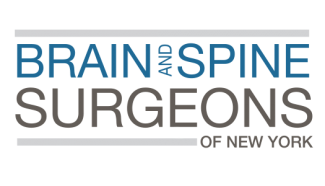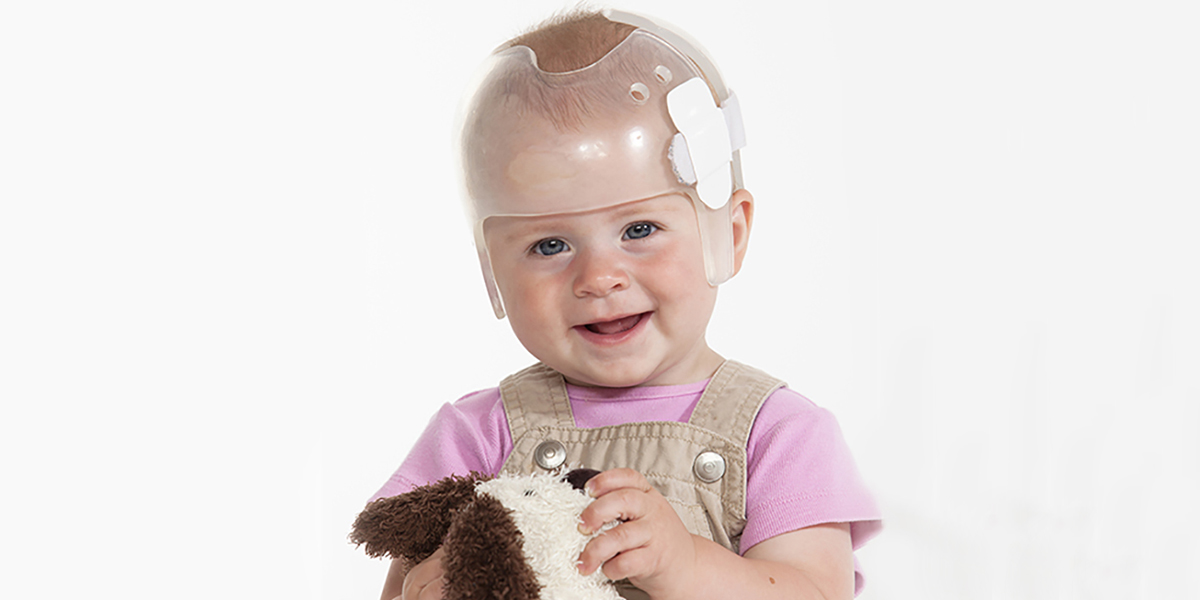
Craniofacial Syndromes
Craniofacial syndromes refer to a pediatric condition where a child presents with one or more abnormalities to the face and/or the head. This condition can happen when the soft plates of a baby’s skull close too soon, or in an unusual way, typically resulting in disfigurement or unusual facial appearances. Craniofacial syndromes can also result from other abnormal growth patterns of the face or skull, disease, or trauma.
There are numerous different craniofacial syndromes, the most common of which include Crouzon, Apert, Pfeiffer, Muenke, and Saethre-Chotzen syndromes. Each syndrome has a different set of potential complications, requiring a unique approach to surgical management. The expert pediatric neurosurgeons at BSSNY have knowledge and experience in treating even the most challenging craniofacial abnormalities.
Symptoms
The signs and symptoms of craniofacial syndromes depend on the type. Most involve some kind of defect or misshapen appearance of the head and/or face. Additionally, most signs are typically noticeable at birth, but some become more apparent during the first few months of a baby’s life.
Treatment
Treatment for a craniofacial abnormality depends on the type and severity of the disorder.
After examination and imaging, we may recommend surgery to correct the physical formation of the cranial and facial bones and maximize the function for your child. Surgery is often performed in conjunction with our pediatric craniofacial plastic surgeon.
Our pediatric neurosurgeon Dr. Michael Tobias is fellowship-trained and fluent in endoscopic and minimally invasive approaches to these kinds of restoration surgeries, which can provide a simpler technique that may minimize blood loss, complications, recovery time, and scarring.










